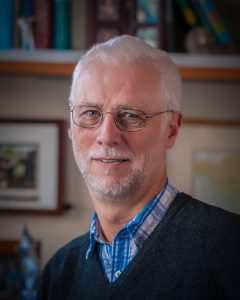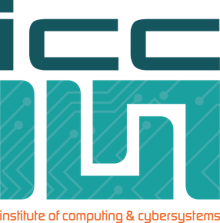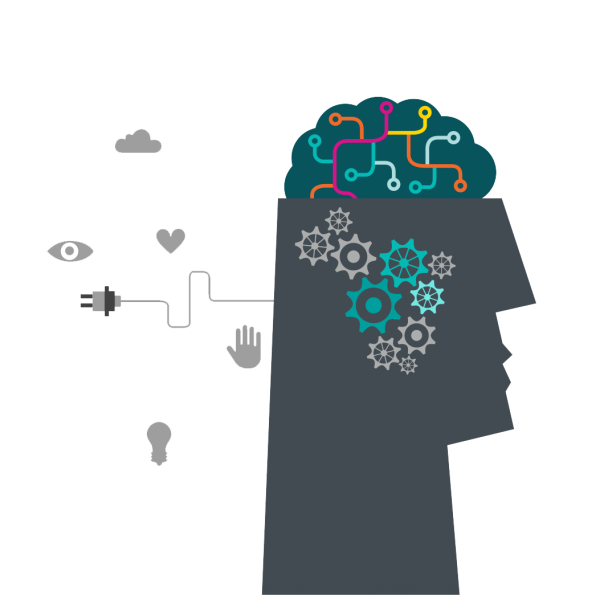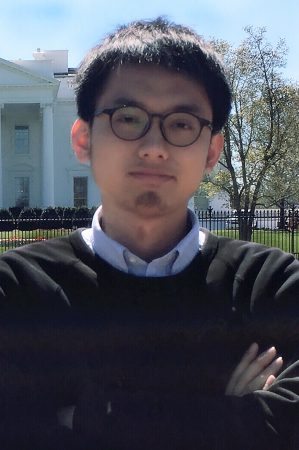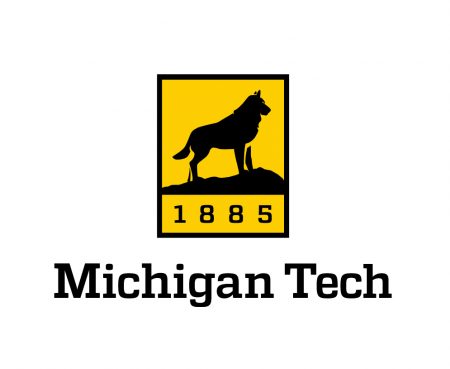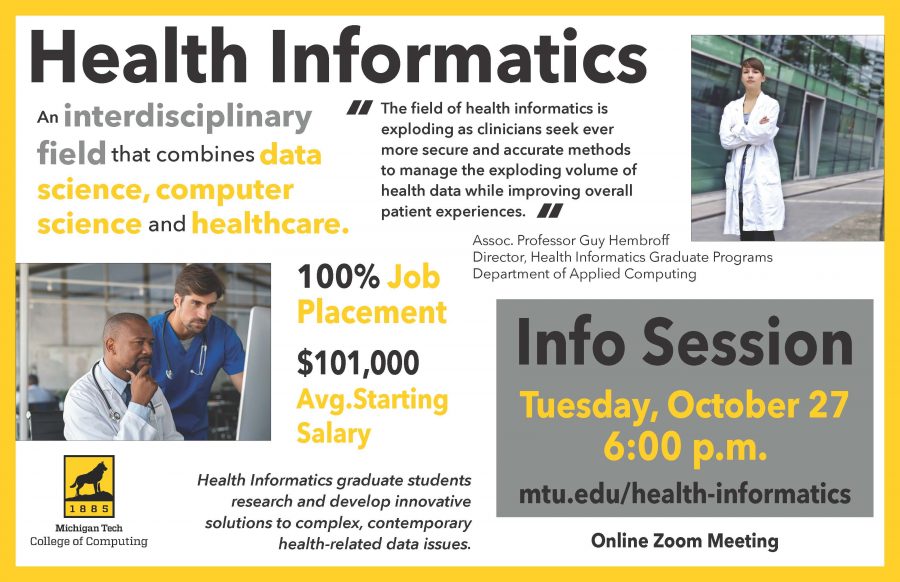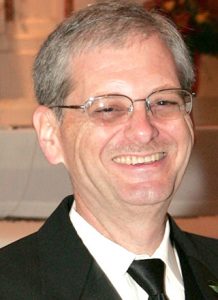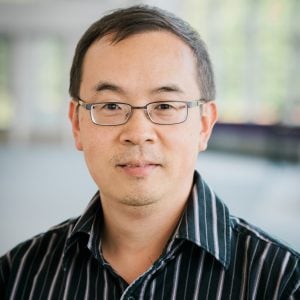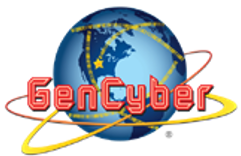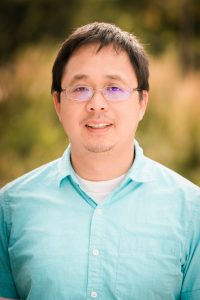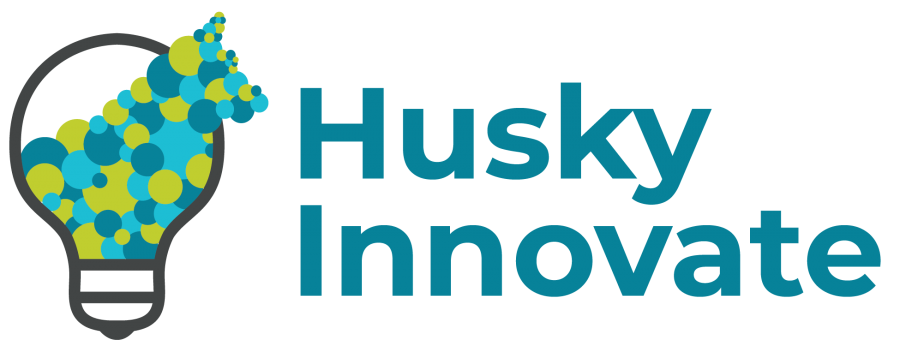
Husky Innovate is organizing Innovation Week, a series of innovation themed events the week of January 25 to 29, 2020. Our goal is to provide opportunities for students, faculty and alumni to meet virtually to engage around the topic of innovation.
We will host panel discussions, alumni office hours and the Bob Mark Business Model Pitch Competition from 5:30 to 7:30 p.m. on Thursday, January 28.
We will celebrate entrepreneurship, innovative research and projects on campus and within our extended MTU community.
If you are interested in hosting an innovation tour, participating in a panel discussion, leading a workshop or something else, sign-up here.
Faculty and staff are invited to celebrate innovation week with an innovation themed learning module or student activity.
